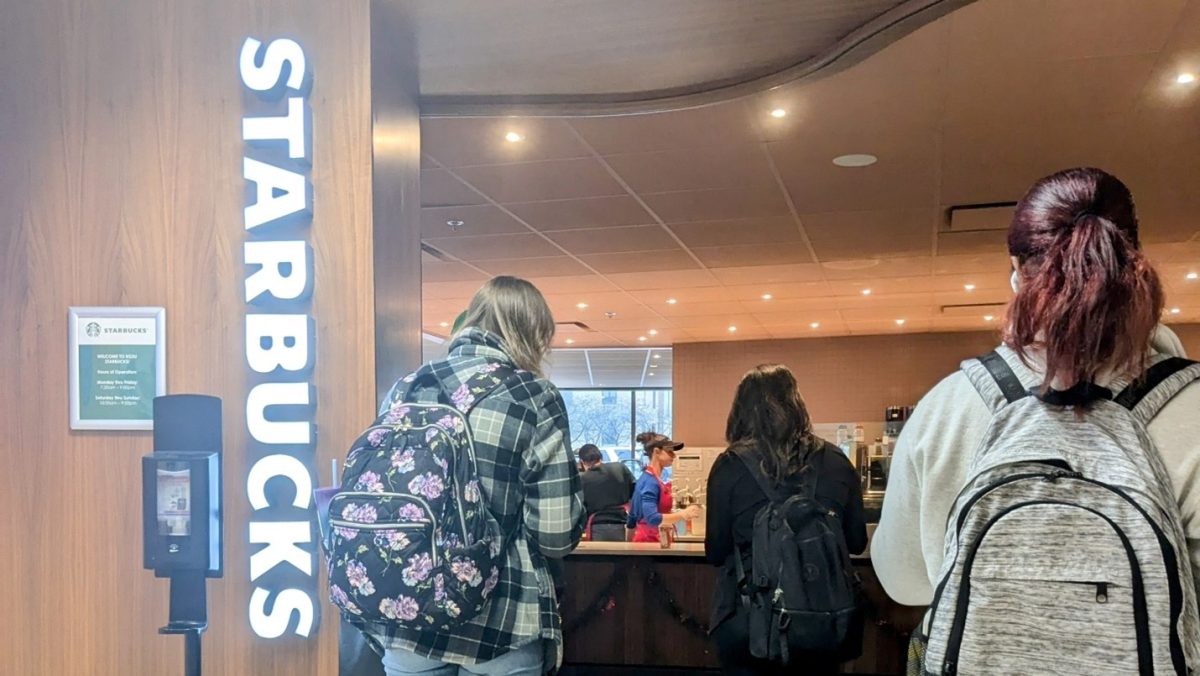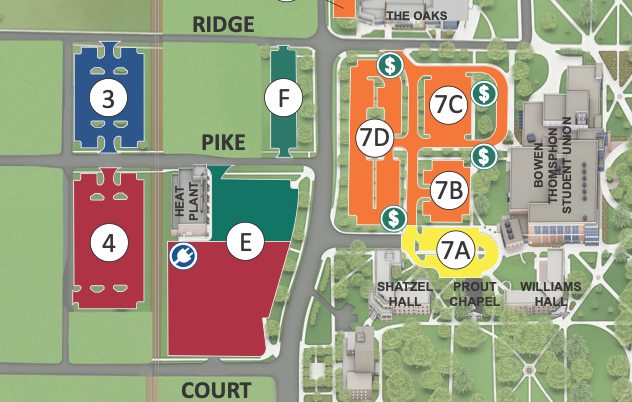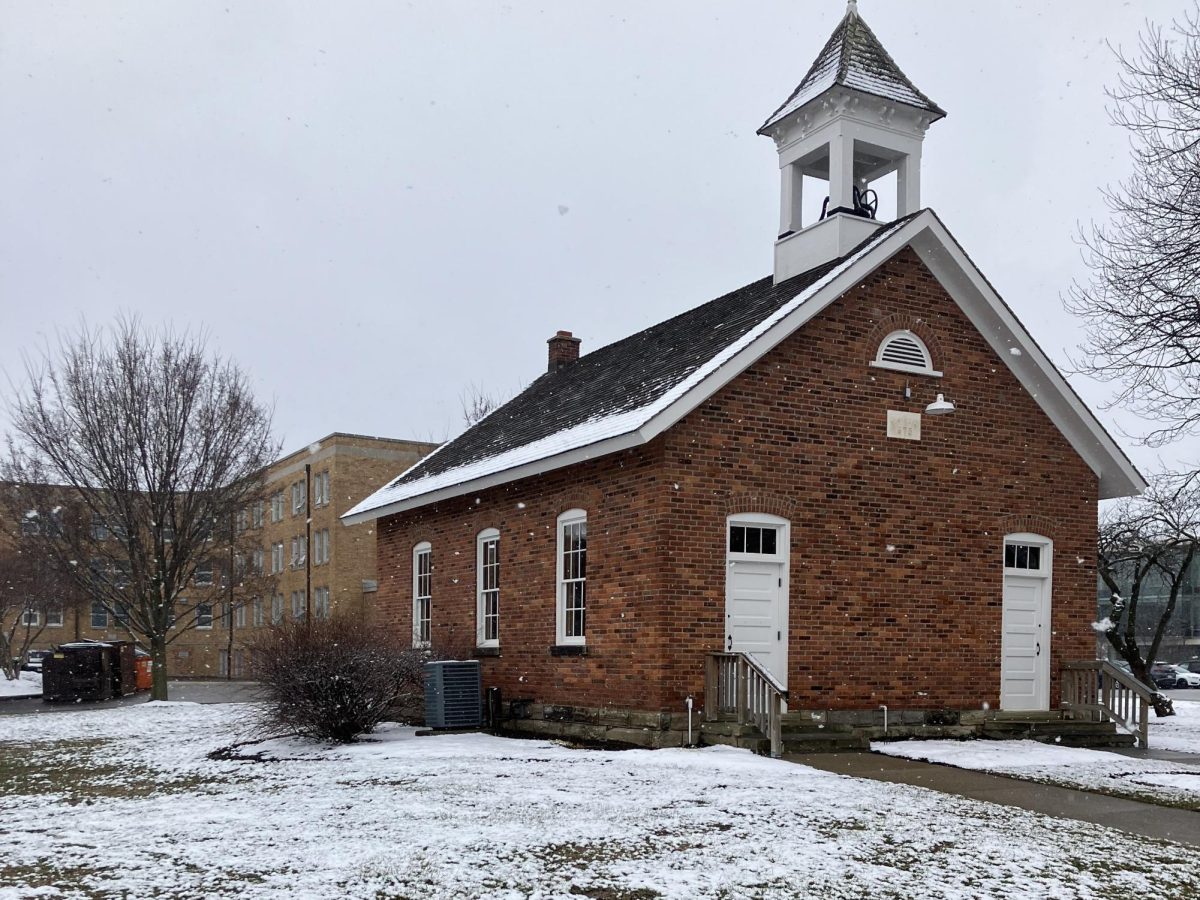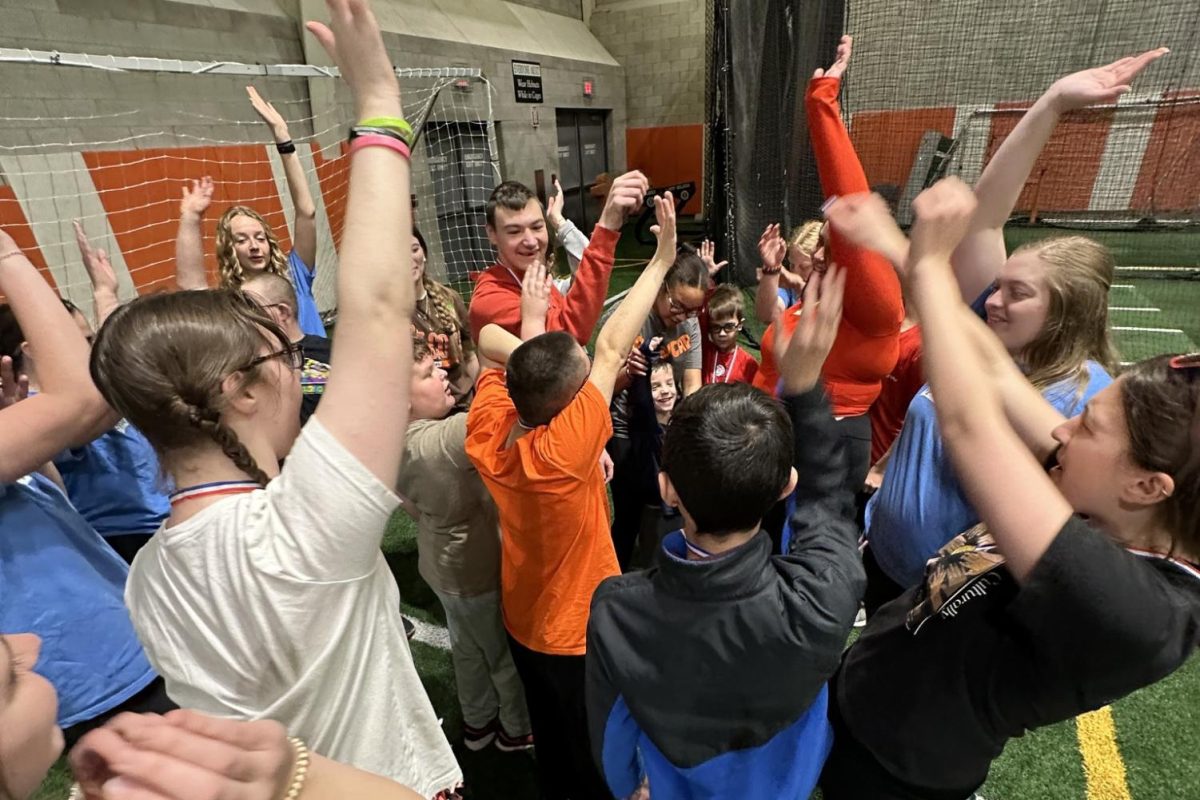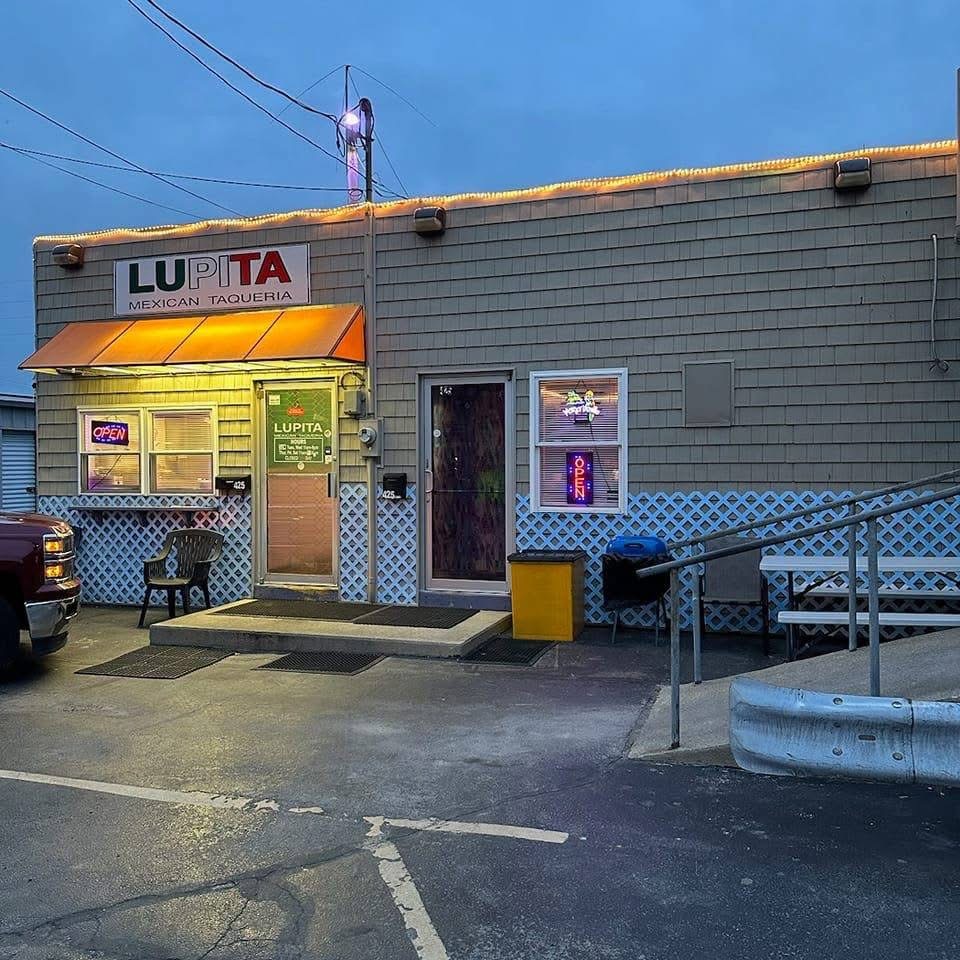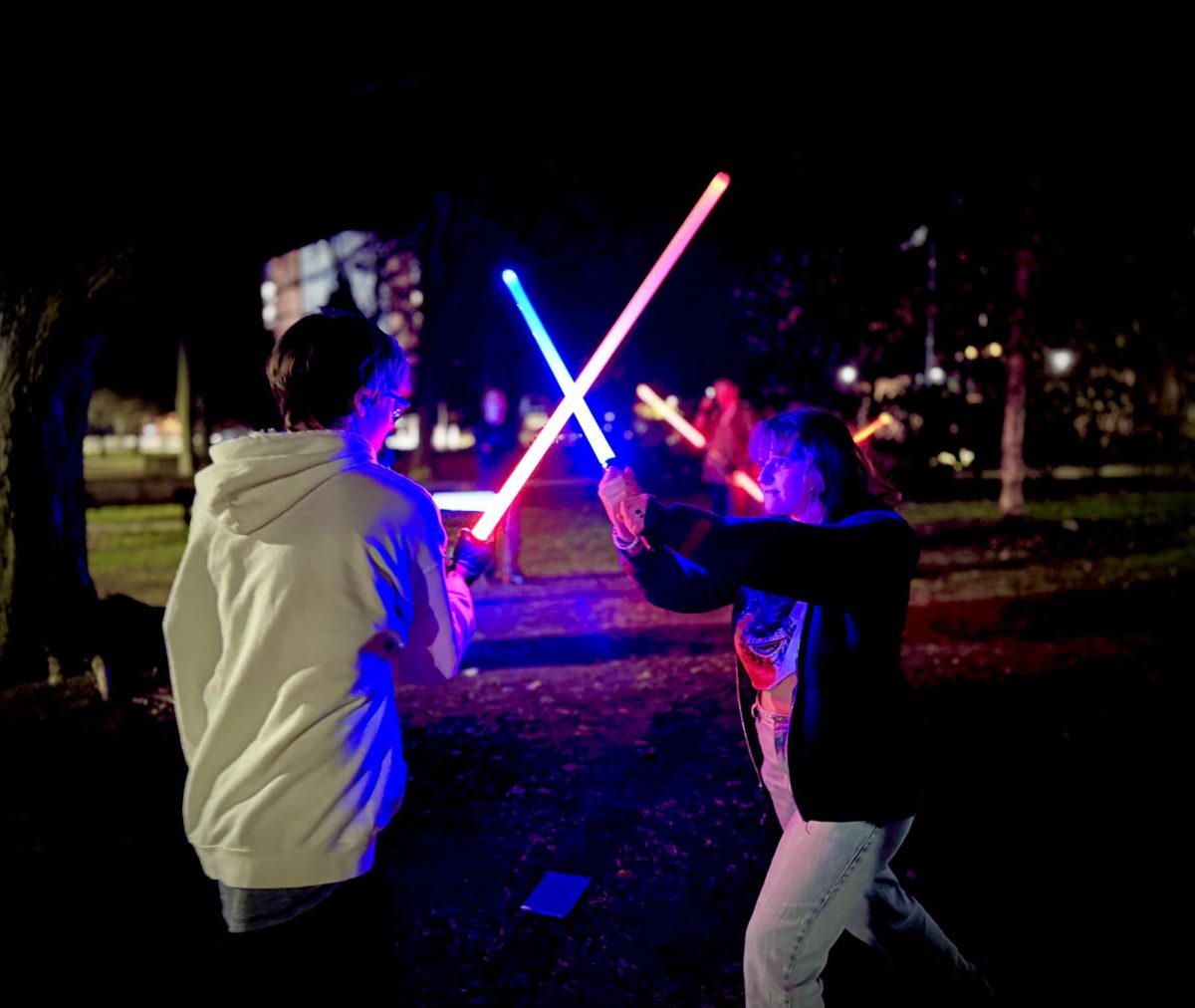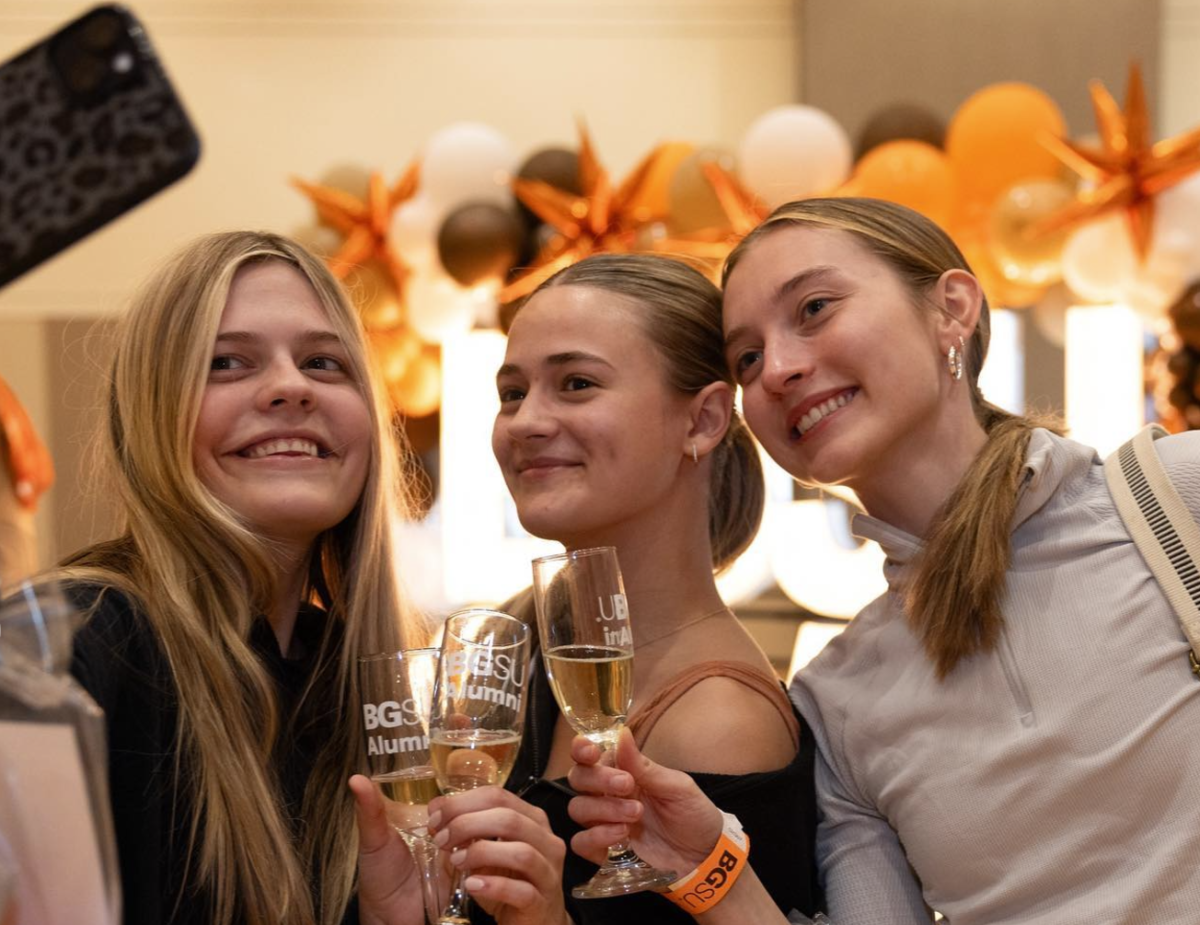Sherry Woosley came from a family of story tellers and remembered hearing a story about how her grandfather would avoid talking on the phone by standing in the bathtub fully clothed.
This way, Woosley’s grandmother could tell the caller her husband was in the tub and that he was unavailable.
Woosley was featured on Friday as the keynote speaker in the 24th annual Fayetta M. Paulsen Lecture. Woosley titled the lecture “Becoming an Assessment Storyteller.”
Woosley, who works as the director of Analytics and Research for EBI Map-Works, has the difficult job of researching and presenting large amounts of data to a variety of audiences.
Coming from a family of storytellers made it easy for Woosley to find stories in data.
During her lecture, Woosley acknowledged what many in the audience may have been thinking— data is boring.
“We couch it in research language and share pieces of data … that doesn’t excite anyone,” Woosley said to the crowd.
Woosley explained that storytelling is an art and it’s important to engage the audience in the story.
She asked the crowd why they liked some of their favorite TV shows and movies. Was it the drama? The twists? The pay-off at the end of the story?
There are many reasons why we like stories and even something as mundane as research data can tell a story. Woosley encouraged students and faculty to incorporate storytelling into their next presentation but not by compromising the integrity of the results.
“I’m not saying you shouldn’t have good methods,” Woosley said. “But you don’t have to lead with your methods and lose your audience in the first five minutes.”
Cherry picking the data that fits into a story is also against the rules.
Researchers have to hold themselves accountable and tell the story the data shows, not the story they want, Woosley said.
At the end of the lecture Woosley left the audience with some important tools to develop their storytelling methods.
Pixar’s 22 Rules of Storytelling, TED Talks and old-fashioned books were some suggestions Woosley gave.
“Find something that’s fun. Read something that’s weird and find something that clicks.” Woosley said.
Kirsten Lenthe, a graduate student in College of Student Personnel, said Woosley’s energy about turning data into stories was inspiring.
“She did a great job storytelling about storytelling.” Lenthe said.
Woosley’s approach to data analysis was timely for the Office of Resident Life.
The office chose storytelling in higher education as its theme and has been building recent programs around that theme.
Claire Semer, assistant director in the Office of Residence Life, described the college experience as “romantic” but admitted it can be difficult to show high school students and parents how on-campus residence positively impacts a college student’s social and academic growth.
“Sometimes we need to figure out how we sort of prove our worth to students, parents and faculty,” Semer said. “How do you show people?”
Woosley proved that while the data may be convincing, it doesn’t always speak for itself. Sometimes someone needs to tell the story.


